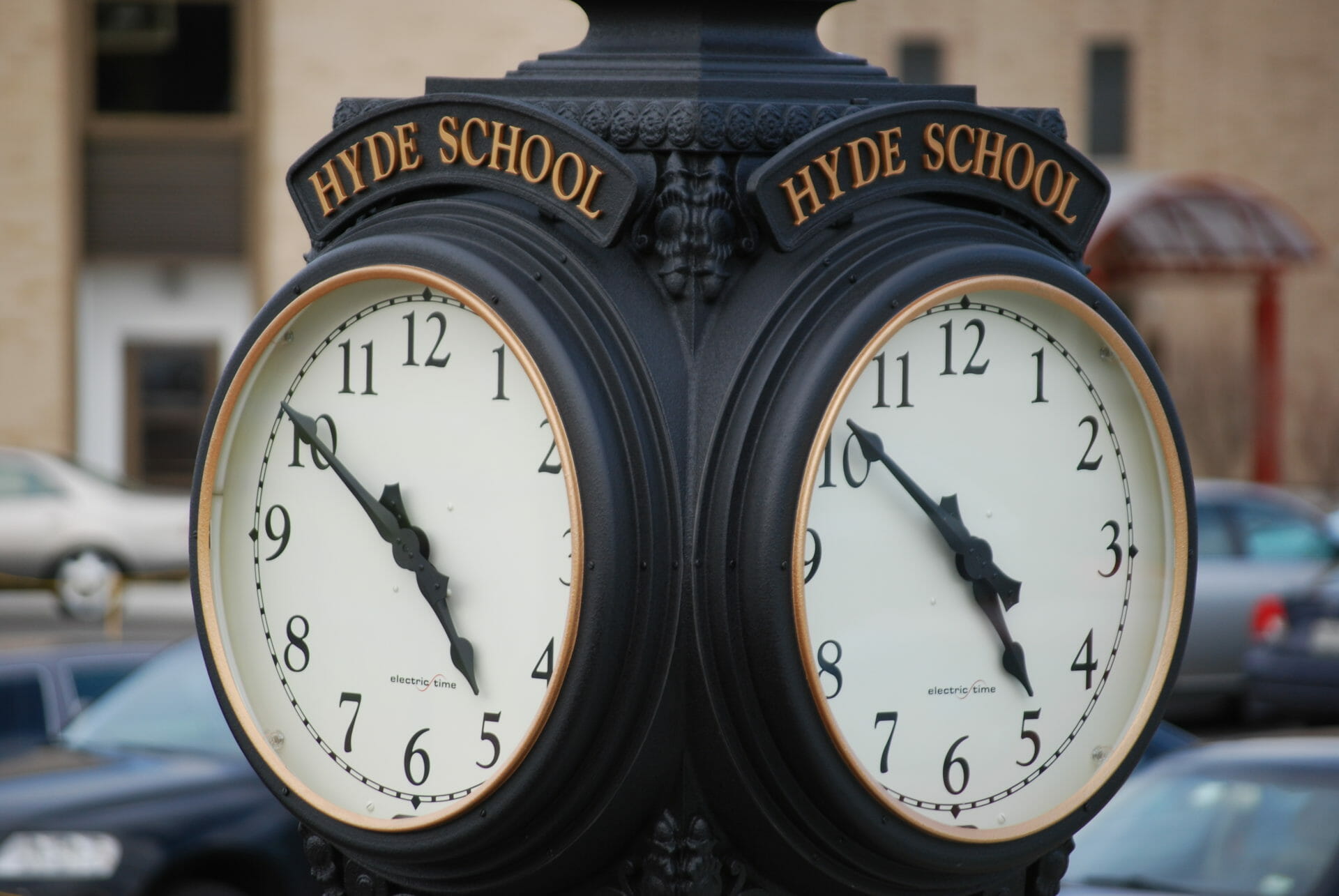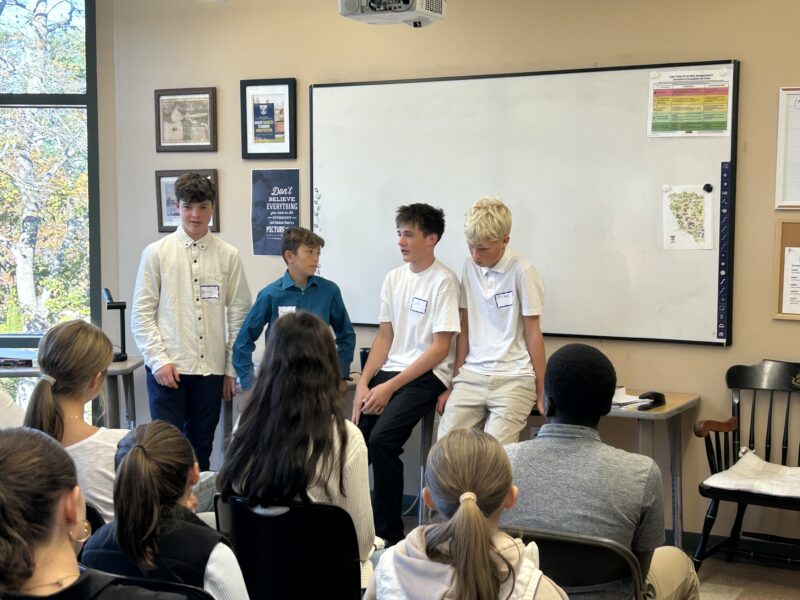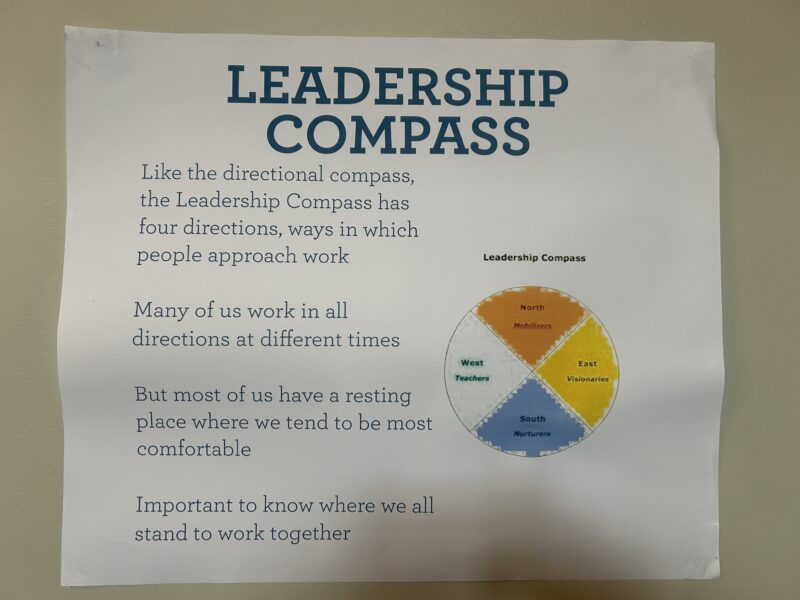
Q: As a counselor, my priority is all about fit and match. What’s Hyde’s ideal match?
A: Here’s a 5-point answer:
1. Hyde parents tend to believe that their son or daughter holds a capacity for a level of personal best that is neither expected nor respected in his or her current school environment.
2. A recent survey of Hyde families revealed that 77% of our parents first arrived at our door with feelings of deep frustration toward their teenager and/or desperation regarding their parenting. However, we have observed that only a minority of families fitting this description are the right match for Hyde. While Hyde is perceived by some as a school for so-called “troubled teens,” most kids so labeled are not right for Hyde.
3. The right match has a lot to do with a family’s motivation to live lives committed to high principles and deep purpose. This motivation has been tested and perhaps tempered by prior unsuccessful attempts to counter the feelings noted in #2 with conventional methods and programs. As the teenager veers ever further away from coveted family principles, there is a sense that it’s time for something new and unique. While this might describe thousands (… millions?) of parents today, Hyde parents are unique due to their preference for a character-based college preparatory approach as opposed to a decidedly psychological or therapeutic approach.

4. Years ago, a nationally respected educational counselor said to me: “Two things have to be true for me to recommend a teenager to Hyde. First, he or she has to be bright because you routinely expect them to comprehend and apply some complicated concepts and principles. Second, he or she must exhibit some history of being on-track, the more recent the better. Kids who have never been on track, well, I steer them away from Hyde.” While it is probably in our DNA to believe that any kid can make it, the counselor’s point is perhaps well-taken. In any case, Hyde students tend to be fairly bright and possess an adaptive capacity to face new challenges with resiliency.
5. While most Hyde parents arrive primarily motivated to help their teenager, they are willing to make a commitment to participate fully in a program of personal and family growth. The more committed they are to their own personal growth, the better.
Onward, Malcolm



